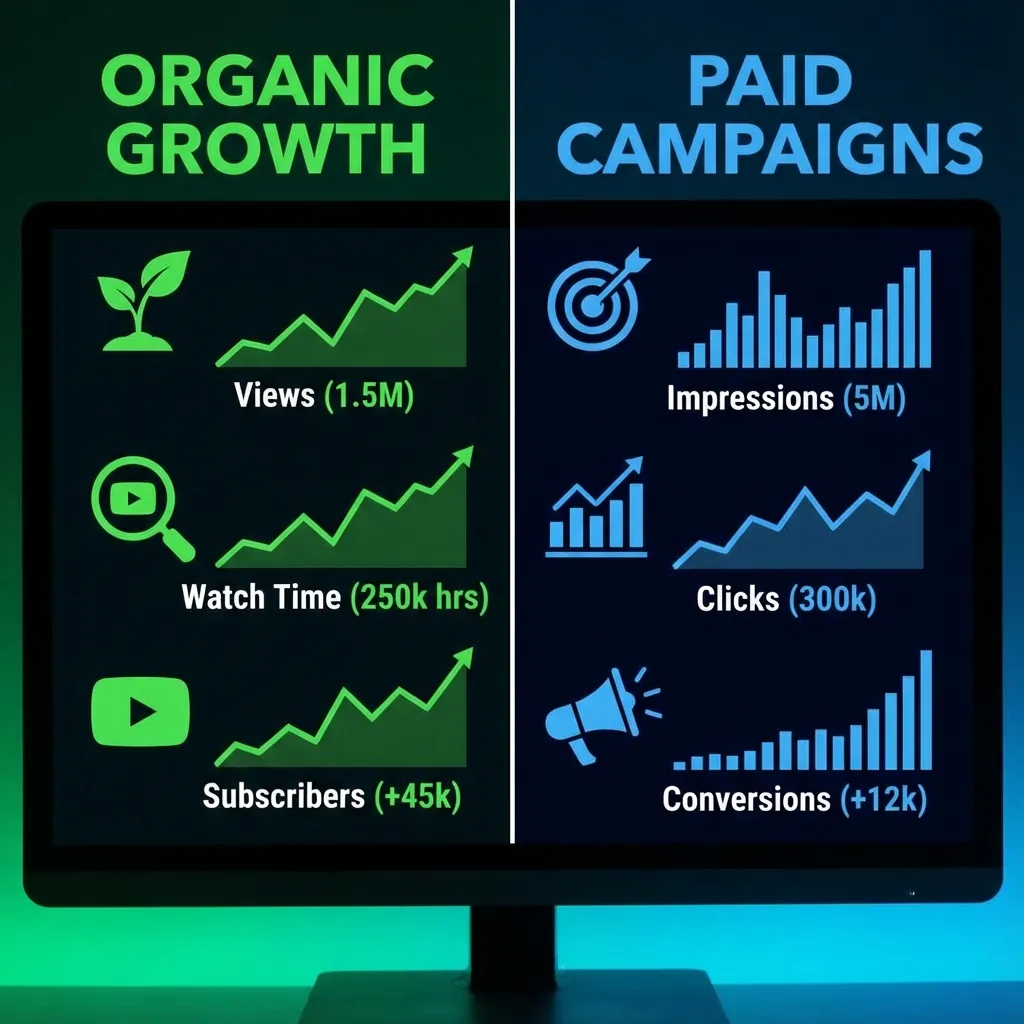How to know when it’s the right time to replan your marketing campaign
Creating a successful marketing campaign is a marketer’s holy grail — it is hard work. Aligning a successful campaign with your overall digital marketing strategy is even more challenging.
Stopping a marketing campaign can be a tough decision; there is no doubt that you and your team have put a lot of time and effort into planning and executing it. But there are times when it’s best to stop and rethink. There are numerous reasons why a campaign does not work, and it doesn’t necessarily mean absolute failure; the journey is often an essential part of reaching success. Minor errors, oversights, and other slips can radically impede the performance of your campaigns.
This article highlights some of the indicators of when it might be time to pause or kill your marketing campaign.
Not targeting a relevant audience
You should look at stopping your campaign if you are attracting the wrong audience.
For example, if your goal is to bring in property investors, but you are receiving multiple messages from property agents, you should consider stopping your campaign.
At Relevant Audience, this is what we are all about, and a successful marketing campaign often starts here. In contrast, an unsuccessful campaign often does not work because of targeting the wrong people.
Poor marketing is full of assumptions, and this is an easy trap to fall into; we all think we know our audience.
It is simple to make buyer personas created using these assumptions. However, the personas should be backed up by actual data; otherwise, they will not be accurate.
It is important to be confident in your target audience, to be in with a chance of converting them into customers.
Here is some of the data that you can use to create buyer personas:
You do not see any value
Again, this is a logical one. Often it is simply a good idea to ask the business questions, are we going to break even, or will the cost exceed the value we are projected to bring in?
A data-first approach is a safe and effective way to conduct your marketing campaigns. If the numbers do not look promising, it may be a good time to stop the campaign.
You have been running the campaign for a long time
Marketing campaigns require patience and can take time; there are occasions when results may take months to appear, and when this happens, it is often a long-term cash cow.
However, suppose your marketing campaign takes a long time to indicate positive results compared to other similar types of campaigns. In that case, it’s time to concede defeat and stop the campaign.
You have optimized multiple times, and nothing has changed
Marketing is about testing. Often, it is a good idea to make enhancements to optimize your campaign. However, if you take steps to optimize the campaign but do not see any difference in the results, it may be a good idea to end the campaign.
Again, it is often better to focus your time and resources on developing other campaigns or activities in these cases.
It is more cost-effective to stop the campaign now
If early signs are not promising and stopping now will save you time and money compared to doing so later, it may be best to stop the campaign now. Perhaps you set up a test campaign and observed that it is unlikely to work. That’s fine; stop the campaign and test something else.
Bad results are not getting better
It’s a sure sign to stop a campaign if negative results are getting even more negative; it’s crucial to plan and monitor a campaign properly. If your regular reports indicate a negative downward trend, stop the campaign.
Your other campaigns are working
Often, marketers run multiple campaigns simultaneously to reach the same goal, whether that be leads, revenue, etc. If you see that your other campaigns are bringing in the results you are looking for, it’s wise to stop your unsuccessful campaign and focus on what is working, possibly scaling it up.
Your campaign is receiving negative attention
This is unlikely to be intentional, but sometimes campaigns do not go down well with the public or even your target audience. When a campaign receives noticeable negative feedback, it may be best to stop the campaign to protect your brand image and reputation. A new campaign is easier to build than a new brand.
You are missing campaign deadlines
Planning is an integral part of a successful campaign. If you observe that you and your team are finding it challenging to keep to a campaign’s timeline, it might be best to adjust or stop the campaign.
Conclusion
Successful marketing campaigns can sometimes take time to come to fruition, but it’s important to understand when it is time for damage limitation and to stop to save your time and resources.
Sure signs that it is time to stop include the campaign’s cost spiraling or attracting the wrong audience; in these cases, it is usually a good time to stop the marketing campaign. Look out for some of the indicators and tips shared in this article to help you plan your marketing campaign and avoid some of the common mistakes.
If you have any questions about marketing strategy or how to get the best results from your campaigns, please feel free to contact our expert team at info@relevantaudience.com for more information.







